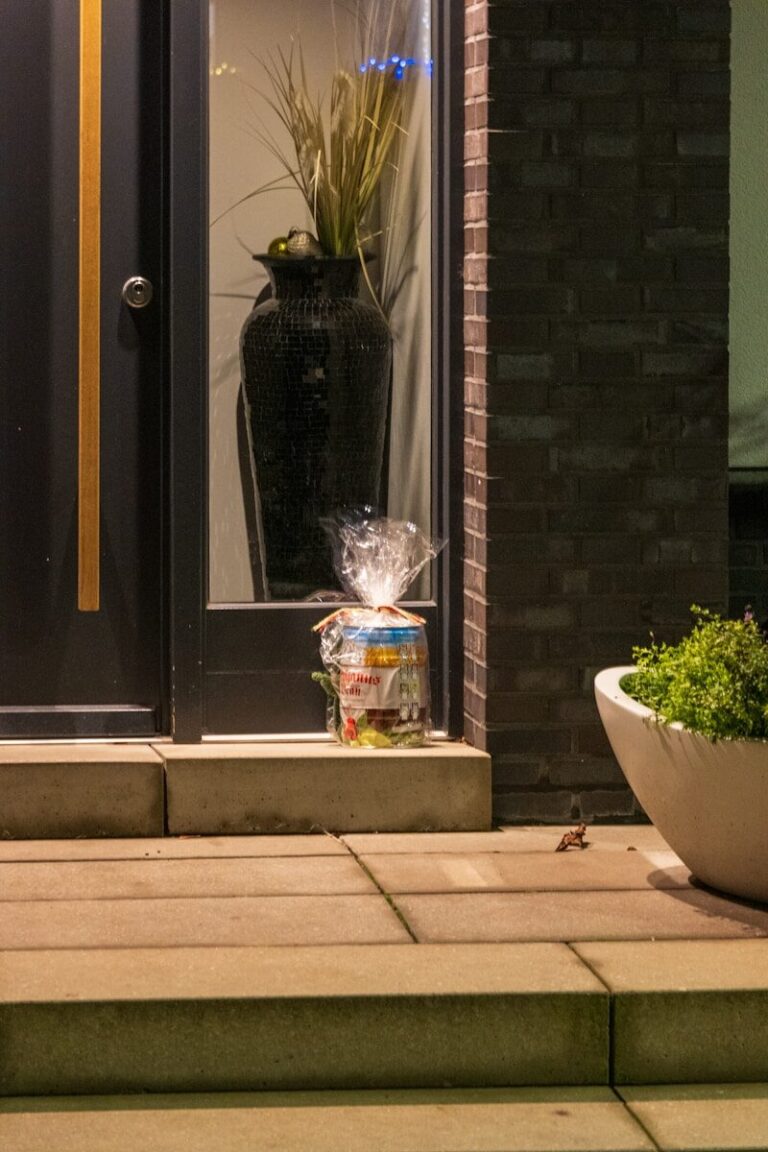
He crept in slowly, silently and insidiously, leaving no trace that he had been there. No fingerprints, no broken locks or silenced alarm systems. No footprints or evidence of any kind. No jewels or family heirlooms went missing, no electronics or other valuables taken.
What he stole could not be seen by the human eye. It would only be noticed months after his initial visit. His visits would continue day after day, week after week, month after month and year after year until he had stolen everything. His name DEMENTIA.
The thief first appeared about fifteen years ago. He stole very little to begin with, a few recent memories, the snippets of conversations with family and friends, a dinner gathering with family. No one thought much about it, after all, a few memories misplaced by an 80-year-old did not seem significant. Those close to her began to express annoyance when she repeated herself, asking the same questions over and over and immediately forgetting the responses. “What is wrong with you?”, they would ask, “are you not paying attention”. Perseveration it is called, and as this worsened those close to her began to realize that she was not doing this intentionally, she simply did not remember. She would laugh and say she was being lazy and why should she bother to remember when we did. On one occasion she stated that she had turned on the computer but forgot to insert the hard drive, a witty response I had to admit.
Along the way you learn a lot, you learn to be patient, non-judgmental, and most importantly, not to make her wrong. That may have been the biggest lesson of all.
The stolen bits add up and after a time huge gaps appear in memory and ability. Her partner gets pneumonia and he has to be hospitalized. It is then that you realize that she can no longer cope independent of her partner. You really haven’t noticed that she no longer knows how to prepare a meal, look after the household, and perform those activities of daily living that are habitual. All those abilities have been stolen by the thief and compensated for by her husband. We did not notice until we did.
Then the day arrives when both she and her husband can no longer cope with the responsibilities of managing their home. The thief has begun stealing things from him as well. Pre-prepared meals stay in the fridge untouched. Meds in their containers. They cannot be left unsupervised for more than a day. She has become a recluse as attending her CWL meetings is too overwhelming at this point. She spends her day in her front porch reading her newspapers and finishing the daily crossword puzzles, a habit that remains intact for longer than one might expect.
Then comes the move. Her daughters begin downsizing. They spend their days packing boxing; each evening she unpacks them. She cannot understand what is happening and stubbornly digs in her heals. The thief has now stolen her ability to understand she is no longer safe in her own home. She has lost her judgment and many of the higher cognitive functions. Explanations fall on infertile soil. She is upset. We are upset. It is a painful time. The move to residential care is rocky. She asks us everyday when she can return home. We explain this is home now, something she cannot grasp. Despite all of this, we see her improving. Better nutrition, more socialization, activities to participate in.
One night she claims a thief snuck in her bedroom and stole her wedding and engagement ring. She calls the police and despite her uncertain cognition, they are required to file a report. Two days later the rings are back on her finger. She has no memory of their loss or calling the police. She chuckles when we explain what happened. Not long after she decides to walk to church, which was a regular habit when she was younger. Hours later she was found roaming the streets of Riverdale, very lost. She did enjoy the ride home in the police car and the handsome officers who escorted her.
Then COVID hits. The social isolation. The thief steps in greedily. Morsels of memory loss become chunks. Her ability to function declines quickly as does her husband’s. The pair are moved to the dementia unit as they are no longer safe in residential care. Doors are locked behind them.
The day arrives when we as a family are informed that she now requires long term care. She can no longer do her own personal care, dress herself, toilet herself. This once proud woman no longer looks in the mirror, grooms herself, curls her hair or dresses nicely. She no longer knows to do so.
Dementia’s thievery has affected her in the most profound way, it has changed her personality, affected her behavior, altered her abilities and erased her memories. She is but a shell of the dynamic mother, wife, and community worker that she was known to be.
Those who love her watch the person they know and love slowly evaporate before their eyes, never knowing what part of her will disappear the next time they visit, never knowing what will remain, learning to hold on to the many precious moments that seep through the veneer from time to time, and continuing to cherish her as the person they knew her to be.
Those who have yet to experience the disappearance of a person through the corridors of dementia fail to understand the love, patience, understanding and compassion that caregivers require when faced with this type of loss. It is a slow death, the whittler’s knife carving away the pieces of the person you love until nothing but a shell is left. It is a painful experience, both in observing what is happening as well as imagining what the future might hold for you, always living with the question, “will this also be my destiny?”
Three years after her arrival in long term care, Dorothy remains with us. She is wheelchair bound and navigates this chair with great expertise along the corridors of her nursing home. She is fast and feisty. She has taken to visiting the nurses and sitting with them at the nurses’ station and has recently decided to begin writing. On our last visit she was busy recording numbers and words, some legible, her hand writing strong. She reads magazines out loud although whether she understands what she is reading is uncertain.
She was recently taken off medication for anxiety, which has been an ongoing companion during the dementia journey. The removal of this medication had made her more alert and responsive to us which we are cherishing. Recently she looked at me and said, “I am leaving soon.” I responded, “Where are you going? Heaven?”. To which she responded, “I should certainly hope so!”, and then began to laugh. These interactions are rare and precious.
The thief stole her desire for food several months ago and while she continues to drink, she is disappearing bit by bit. The great unknown is what will come next and when will the thief steal her from us completely. She is now 96, soon to be 97. We are prepared for her to leave.
There have been so many lessons during this lengthy journey with Dorothy. We have had to cultivate a new relationship with her. We have had to adopt reverse roles where the child becomes the parent, and do so with respect, love, compassion and patience. I admit that I would prefer to avoid this stage of life for myself and pray for the passing of Advance Directives. And yet, there is meaning. I find myself examining what it all means. Despite the thief’s actions and the many losses, I consider what the purpose is of this time in one’s life. What are you trying to work out or understand? Does the spirit remain in the body when it is only a shell or does it fly away?
I have also learned how to harvest the special moments, to find joy in the occasional funny moments, to appreciate the smiles and kisses Dorothy offers on the good days.
Final Word
Many of you will understand this journey, many of you will not. If this is not an experience you have had, I ask that you not judge the caregivers. There is no rule book, no map, no guidelines for this journey. And if you know someone who is in the family/caregiver role, ask them how they are doing. Truth is, being an observer is far more challenging than being the person with dementia.
Until next time … Betty Healey













